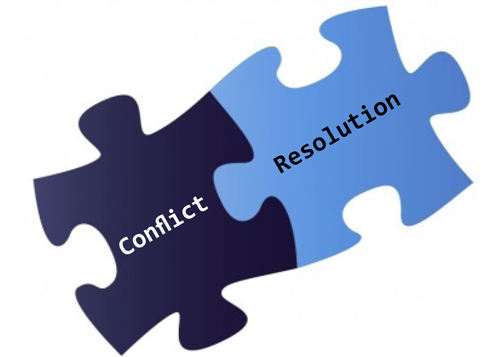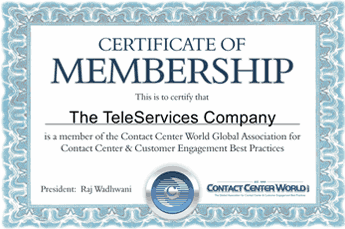Who Should Attend?
Leaders, senior managers, senior level management, and others who need to develop their leadership skills for enhanced performance and keeping up with the organizational objectives.
About The Program
Conflicts are a part of our regular lives and it is impossible to avoid conflicting points of view everywhere. However, at Leadership levels at organizations, there are 2 major reasons for conflict: Emotions and Communication. How differences arising out of these two are handled make all the difference. Proper identification and understanding of conflict is what allows for effective resolutions, most of which may produce positive outcomes.
At TSC, in this 2 day program, we examine the different types of conflict at your organizations’ leadership level, how to understand and embrace the positive aspects of conflict, and how to successfully navigate conflict to positive solutions amongst individuals or teams.
Through this Program, your Leadership team masters the fundamentals of conflict resolution and refines your intercultural communication skills. They’ll learn to strengthen your personal and professional relationships by addressing conflicts between individuals and within organizations in a constructive manner.
Program Objectives
- Learn how to apply appropriate conflict analysis to your organization and contexts
- Adopt a mindset that is self-aware and sensitive to diverse populations of people in various set up organizations
- Develop a reflective practice of learning
- Bridge the gap between ‘knowing’ and ‘doing’ so that you can put the skills into practice in your own context
- Work toward reaching constructive outcomes through the use of collaborative processes
Program Content
DAY ONE
- Different types of conflictand benefits
- Collaborative – both sides win
- Compromising – neither side wins
- Avoiding – nobody wins
- Accommodating – one wins, one loses
- Competing – one wins, one loses
- Define Acceptable Behavior
- Hit Conflict Head-on
DAY TWO
- The importance of using the right language when resolving conflict
- The conflict resolution process
- Sharing of best practices
- The importance factor
- Viewing Conflict as an Opportunity






